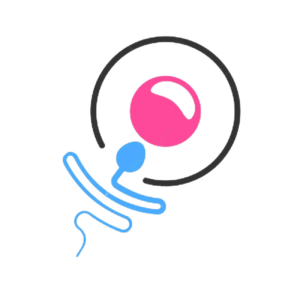IVF, ICSI, IUI, IMSI

IVF, ICSI, and IUI are the most popular methods we may assist you in having a Baby, but they are pretty distinct fertility procedures, and patients frequently ask us which is best.
Here are the key distinctions between IVF, ICSI, IMSI, and IUI and when each is typically suggested. Remember that everyone’s reproductive journey is unique, and what works for one person may not work for you:
IVF – In-Vitro Fertilisation
It is a fertility treatment that uses fertility medicines to gently stimulate your ovaries to produce quality mature eggs, which are then harvested and fertilized in our laboratory with sperm from your spouse or a donor. Sperm and eggs are mixed in a specific dish, and the eggs are checked for evidence of fertilization.
The best quality resultant embryo is chosen for transfer, where it is implanted and grows for pregnancy in your uterus.
Intrauterine insemination (IUI)
It is a procedure in which sperm is intentionally inserted into the uterus via a catheter. This treatment helps to guarantee that more sperm is present and can access a woman’s egg, assisting in fertilization and pregnancy.
IMSI
It’s a form of assisted reproduction inspired by ICSI (intracytoplasmic sperm injection), which was developed in the 1990s. IMSI was initially made available in 2004. During the IVF treatment, ICSI and IMSI are employed to boost the odds of conception. By directly putting a sperm cell into each chosen egg extracted from the female partner’s ovaries.
ICSI
For men with defective sperm or couples who have had past IVF failures, an extra treatment known as intracytoplasmic sperm injection allows sperm to be injected directly into a mature egg to help in fertilization. The fertilized eggs, now known as embryos, are inserted into the woman’s uterus/womb using a catheter three to five days later. There will be a pregnancy if implantation happens. Extra embryos may be frozen in preparation for future IVF efforts.
